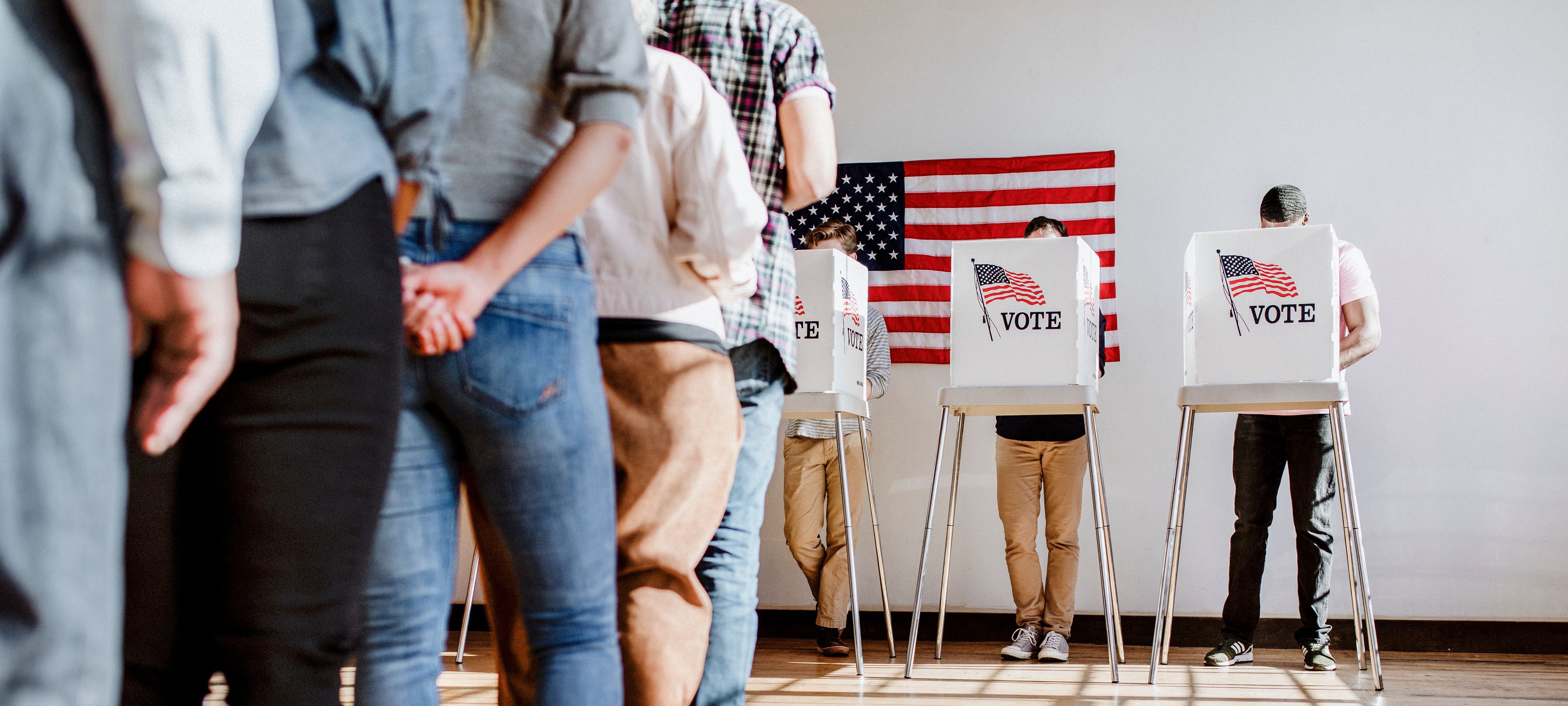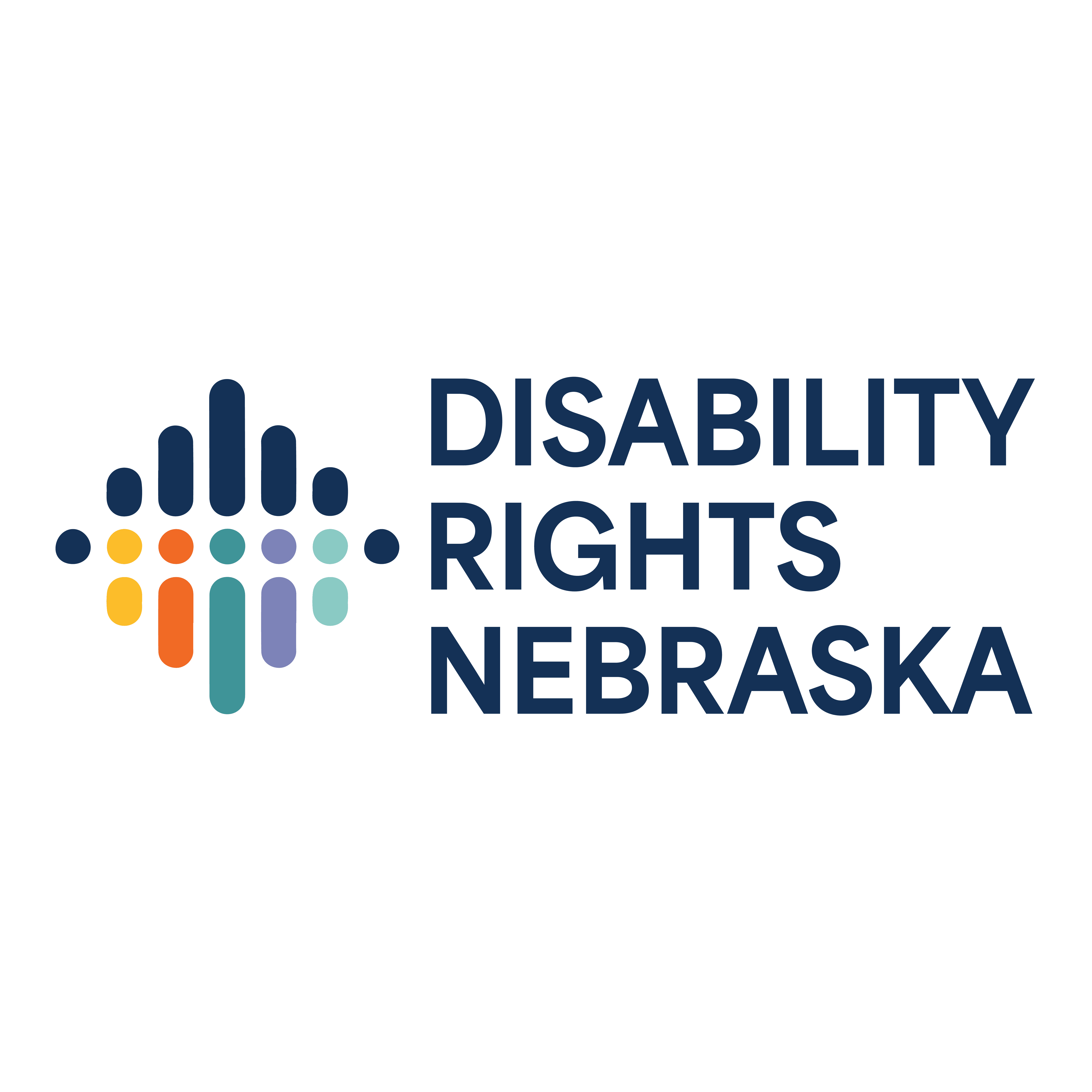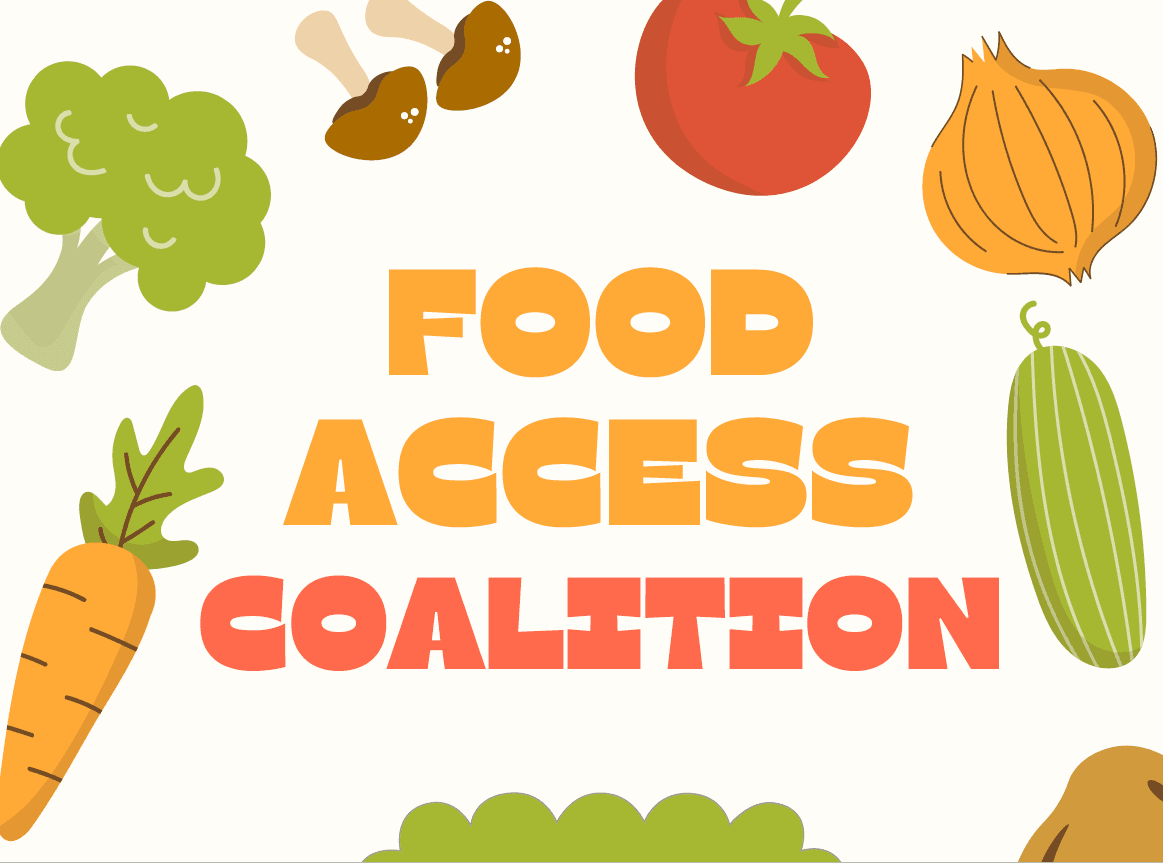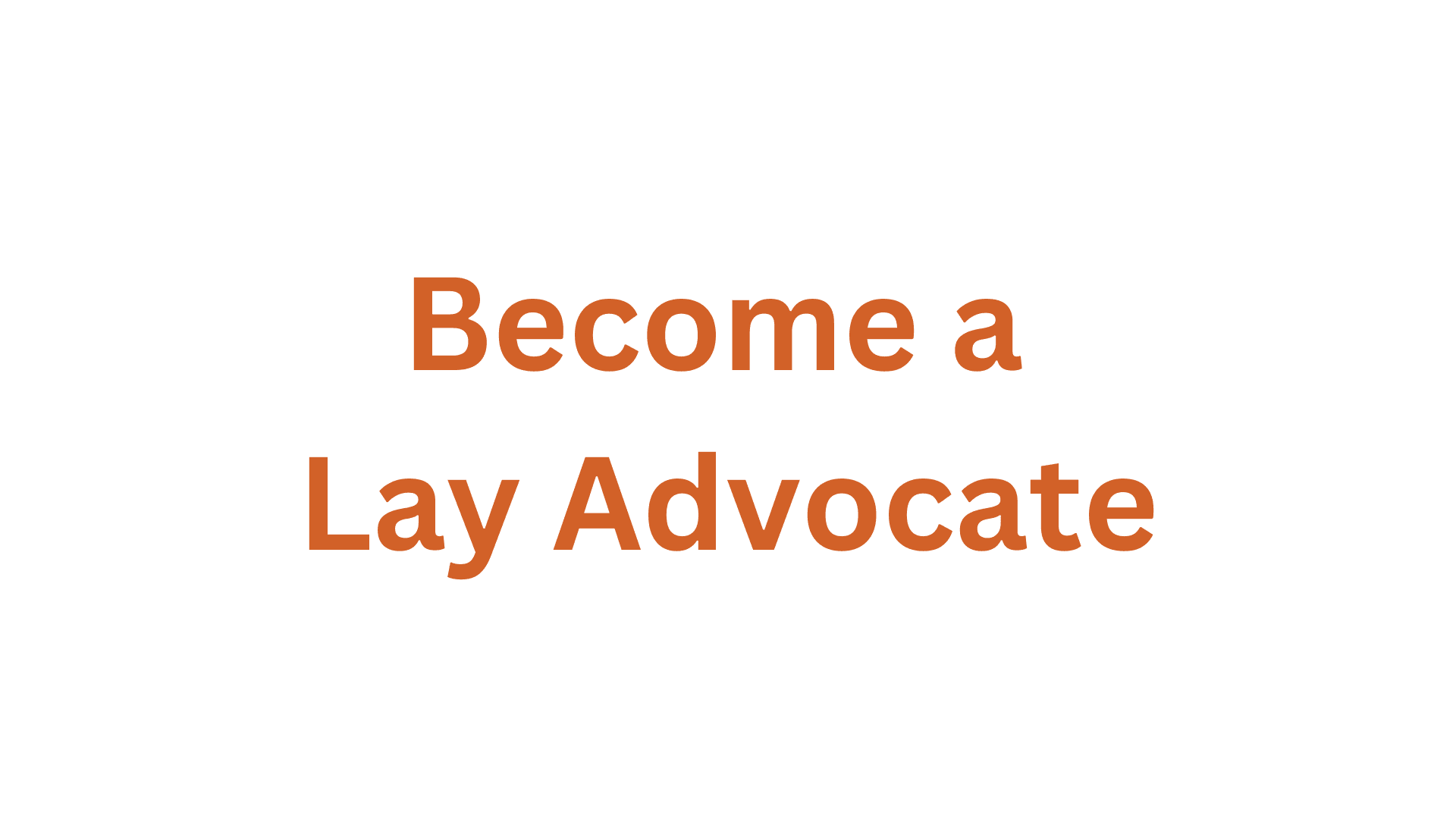What We Do
Disability Rights Nebraska is the Protection and Advocacy system for people with disabilities in our state. We protect, support and promote the rights of people with disabilities. This includes people with just about any disability including intellectual or developmental disabilities, mental illness and physical disabilities. With your help we can make a difference. Learn more and get involved.
-
We offer legal representation, information and referrals to individuals with disabilities and their families.
-
If you would like Disability Rights Nebraska to give a presentation or training, click here to fill out a form.
-
To vote in the next elections, you will need to show a photo ID. That can be a Nebraska driver’s license, Nebraska state ID card, Nebraska college or university ID card, any veteran, active military or tribal ID with a photo, a United States passport, or a document from your nursing home or assisted living facility with your name and a photo. If you don’t have an ID right now, you can get a free state ID from your local DMV.
Our Impact
-
People Helped
10,613
-
Advocates Trained
45
-
Individuals Trained
15,826
From the Blog
In the collaborative atmosphere that is western Nebraska, we're partnering with dozens of other local organizations to make sure people have access to some of their basic needs.
2025 Marked the 50th Anniversary of the IDEA – Individuals with Disabilities Education Act. Our most recent blog post features the Top Three Things you can do to help secure the rights of students with disabilities.















